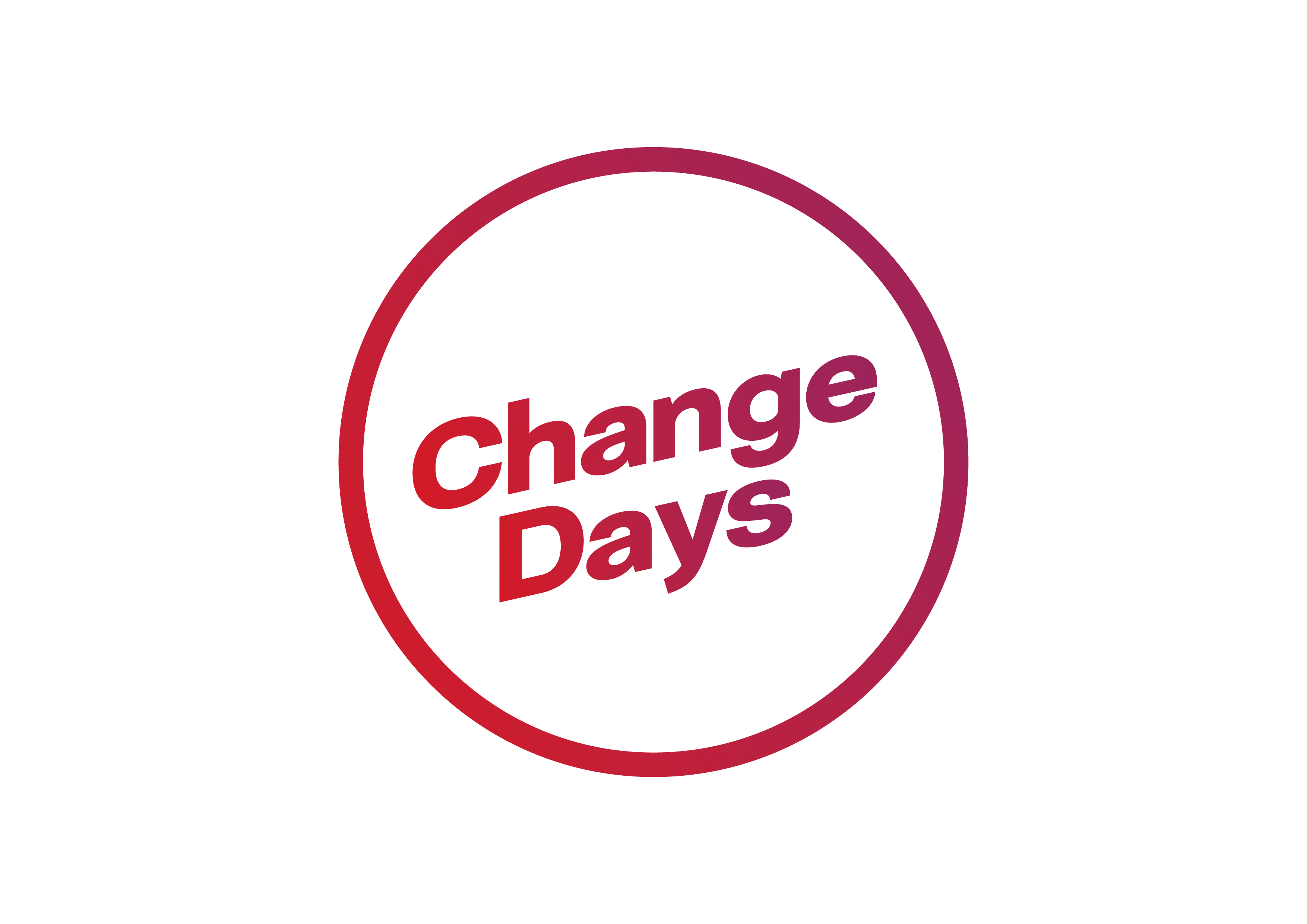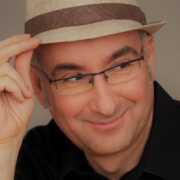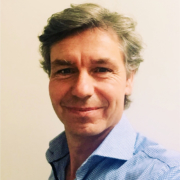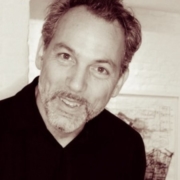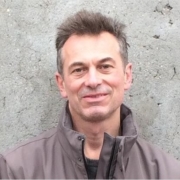Working with and/or inspiring others in your organization to change through the traditional change or project management approaches can be frustrating. Try a coaching approach instead! In this interactive workshop, you will Develop Change Intelligence®, a human-centered capacity to lead change collaboratively. You will identify your personal and team’s change leadership styles, work in groups on scenarios, and share lessons learned about how to promote and sustain a culture of transformation!
We live in a complex global world where demands of leaders are increasing everyday. With a focus on transparency, inclusion, equality, agility, possibility and collaboration, how can leaders leverage themselves to live, work and play in a way that is respectful, sustainable, and most important, fun?
The answer is simple. Curious conversations. Hiding behind texts, emails and social media, conversational skills are the most important skills leaders are failing to engage in. Research out of Stanford is showing that 9 out of 10 conversations miss the mark. Research is also showing organizations are focused on ‘soft’ skills that have hard impacts: communication skills, critical thinking, agility – all of which require curiosity. These are skills that are expected of leaders but are never taught. Curious conversations are the disruptor needed to thrive in our global, multigenerational workplace.
In our interactive workshop, participants will experience how curious conversations are at the forefront of innovation and collaboration in a time where demands are high and resources are low. Participants will experience and learn: -The value of different perspectives, there is never just one way to do anything – Communication skills to shift leaders from reacting to intentionally responding – Self-awareness, clarity around how they are showing up as a leader, their impact and turning barriers into bridges – The skills needed to collaborate, innovate, problem solve & manage emotions. Skills that are currently expected of leaders but have never been taught Canada’s success lies in our leaders’ ability to confidently disrupt the status quo, step out of comfort zones while also being inclusive and collaborative, as they reflect rather than react.
Bio and psycho-metrics are Easier to track and record in this digital age, but what’s worth tracking and recording, and what analog activities matter to change them? This foundational workshop will introduce some digital tools and apps in mental and physical health and connect them with actual practices that will make an impact on health and performance at work and at home… instead of just hoping from app to app hoping to find better health along the way!
Can you imagine the future of your organization, department, product, yourself in a highly disruptive world? Who will be you at that time and what will be your role? How disruption will have transformed you and your work? Are you interested to explore that?
As most organizations strive for a sustainable growth in an era of constant disruption, they fall into a paradoxical mythology, the one that they are able of keeping control and remain safe as they grow towards the future, the same way they did in the past. It is inevitable that a different approach is needed to detach themselves from the paradox that this mythology provokes and move towards a new narrative which reflects the multi-directional forces of the environment that they operate. The hypothesis, which forms the basis of this highly interactive workshop, is that if one tries to create successful strategies for the future, this cannot happen today without experiencing, “playing,” and getting more familiar with the disruption itself and its consequences.
This workshop firstly aims to produce important strategic outcome on the future of whatever you would like to explore, by considering how disruptive the future may seem. Secondly, via the introduction of a serious game concept, a set of disruptive interventions are used as ignitions and catalysts for new future personal stories and organizational scenarios to emerge. The concept provides a safe space for participants to familiarize themselves with disruption and by that to experience their creative-self being liberated.
More in detail, participants will be invited to interact with each other, combine and work with what exists today in the field they are operating, and what could be the consequences of several disruptive interventions occurring in the environment (I am disrupted) or induced by them (I am the disruptor). Inspiring challenges, working with stories and scenarios, leveraging group collaboration and dynamics, storytelling, sophisticated feedback and a lot of fun is deployed during this workshop.
The methodology describes social change processes on a individual and collective level. The methodological and ideological roots are based on C.G. Jung, constructivism, quantum physics, taoism as well as on shamanistic ground, psychodrama, gestalt and further developed by Arnold Mindell/USA. Process Work offers promising future methods, tools and attitude in dealing with individual and collective change processes. We believe that the key to solution-focused results lays within the irritation resp. resistance in itself. There, where irritations show up the most, there lies the juice, where there are unconscious, not yet known, important information to make further development possible in a larger field. Originally, Process Work comes from the therapeutical area and finds its application more and more in the business world, such as organisational development, individual and personal transformation processes, leadership, conflict resolution, be it in smaller or larger groups as well as within management coaching.
Specialities of Process Work are Deep Democracy as an attitude, field theory, polarities, area of tension and irritation, 3 levels of reality, rank and privileges, awareness of different communication signals, body work and relationship building.
The goal of the workshop is to perceive and understand the underlying structure of on-going processes, unfold the human potential for one-self as well as for the group and organisations to develop sustainable solutions and effects. Self-empowerment and activation of the resources of the group and all persons involved are keys. During the workshop theoretical-conceptional input and exercises are balanced to make space for self-reflection, exercises in pairs and working on specific topics in order to transfer it back to the teams at home. Likewise we follow the on-going process at the very moment of the group, of the seminar leader itself with a beginner’s mind and a lot of curiosity and playfulness
This workshop is based on Process Work by Arnold Mindell et. al. Process Work is a paradigm how to work within companies these days. Process Work views companies as complex systems in which structural aspects, such as positions, the individuals filling them, hierarchy, larger cultural content and power dynamics inform the way the company is functioning. Process Work focuses on working with the interaction bringing out all the voices and making visible and bring to light the hidden insights and wisdom of the group. Having awareness of your own ranks helps you to understand why you may feel less powerful or abused by someone with higher rank. On the other side having awareness of your higher rank can lessen the likelihood of your using it in a way that is experienced as hurtful or abusive by someone of lower rank. Rank is described as the sum total of a person’s power and privileges at any given moment. You earn some of your power and privilege over your life, by facing life’s challenges and overcoming them. Some ranks are unearned: you acquire them by birth or social position. Rank is not constant and can change from moment to moment in a particular situation. Having more awareness of your own ranks in your relationships and talked about it, can radically change the way you interact and behave with people.
In the beginning there will be a short introduction to Process Work, different rank types, privileges and the connection to relationships. The participants will experiment with their own ranks and privileges, better understand the different rank types, identify with them in order to be more powerful and effektive at work. Furthermore, they become more sensitive to the hierarchies in the background of the relationships, roles and organisations and arrive at a strong position in terms of action. Also becoming more conscious of their own ranks and practice perceiving and enjoying them.
In a world in which traditional hierarchy slowly but surely is substituted (or complemented) by new forms of organizing, the development of strong organizational relationships has become even more important. Trust is a fundamental aspect of these relationships. But how do we form trust? More specifically: how is trust built (and sometimes broken)? Over the last 20 years, research in social sciences has given us ample understanding of the underlying components. In this evidence based workshop we will explore, make sense and experience the latest insights on trust development.
Changes happen better when people can talk about them. Stimulating Conversation is easy. But it takes practice. This session helps you examine your own conversations, test out ways to converse, and get feedback to enhance your style. You may very well become a better conversationalist, but our real goal is for you to help other people to enter into conversation – conversations about change, about working together and about your shared future. By getting other people talking, you will find the secret to Stimulating Conversation.
Get ready to:
- Rethink the questions you ask. – Be more present for those around you.
- Find more meaning in your exchanges.
- Jump into this conversation and find insights, stories and tips from others who see the value in getting people talking.
Experience Theory U by Otto Scharmer, MIT as a tool in an interactive setting to deeply understand its implications and collect ideas how you can implement it into your own work. Why Theory U? It implies Co-Initiating, Co-Sensing and Co-creation. It provides a sound orientation in change processes as it shows you where you are in your own process and what could be the next meaningful step. It helps you to generate solutions from different perspectives, get in touch with your Future potential and activate the courage to prototype.
In our approach „ Facilitating Change“ we are using Theory U by Otto Scharmer as a change guideline. We combine it with the art of facilitation to deal with complexity and change dynamics.
Percussion & Disruption uses rhythmic disruption as a metaphor for organisational disruption. In the course of this workshop participants learn how to play three rhythmic patterns used in Afro-Cuban music. Afro-Cuban percussion is a rich and complex tradition which is played both in 4/4 time (typical of almost all western music) and in 12/8 time. Participants viscerally experience the disruption of trying to bring rhythmic patterns in different time signatures together. They then learn and experience how the third very simple rhythmic pattern, called the ‘clave’, is designed to be played in both time signatures and hence serves as a ‘hinge’ or ‘bridge’ across the disruptive forces from one pattern to the other.
‘Disruption & Percussion’ is a fully integrated hands-on workshop. Participants learn rhythmic structures by actually clapping them out, and are carried through a journey in which they viscerally experience rhythmic disruption and work to resolve it by learning new skills. The fundamental theme of disruption, and how it relates to organizational strategy and culture, are consistently returned to through ongoing conversation, questioning, reflection and analysis.
